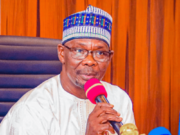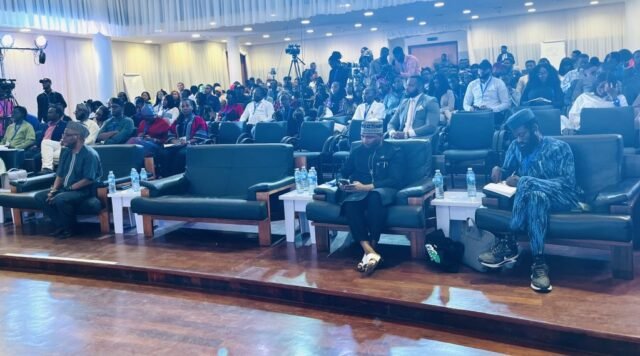Inequality in Nigeria is no accident; it is the outcome of deliberate choices, and unless young Nigerians gain meaningful representation, that gap may never close. So declared Oxfam Nigeria during a high-powered policy dialogue titled “The Next 90%: Youth, Policy & A Fairer Nigeria”, co-hosted with the Malala Fund in Abuja yesterday.
At the heart of Oxfam’s call is a stark statistic: over 83 million Nigerians—those earning less than N3,100 (about $2) daily—are being left behind. That translates to approximately four in every ten citizens struggling to afford basic sustenance. If we view Nigeria as a gathering, the top 10% control 90% of the nation’s resources, while the rest subsist on crumbs.
But it isn’t merely about numbers. It’s about political exclusion: there is currently zero representation of Nigerians under 35 in the federal cabinet. Oxfam argues that fixing inequality isn’t just a moral duty—it’s a strategic decision, and the inclusion of energetic and visionary young people in governance is non-negotiable.
Table of Contents
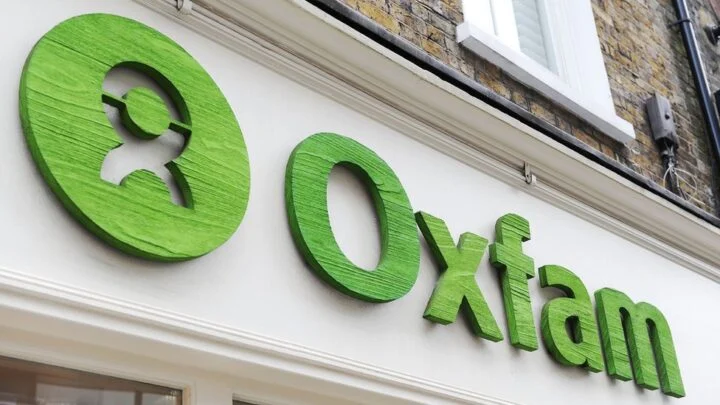
Inequality and Its Human Cost
John Makina, Oxfam’s Country Director, used a vivid analogy to illustrate the imbalance: “Imagine a party where 10 people in one room receive 90% of all the food, while 90 people in another must make do with the remaining morsels.” That’s Nigeria today—a reality holding back development, choking innovation, and undermining social peace.
Oxfam’s policy response is clear. Their recommendations—which echo findings in prior reports—include:
- Progressive taxation, particularly on wealth and excess profits.
- Strengthening public services and labour protections.
- Dismantling monopolies and promoting inclusive job creation.
At the same time, voices from civil society added force to the argument. Hamzat Lawal, CEO of Connected Development (CODE), highlighted the chronic mismatch between budgeted and released funds—especially in education—which has left critical sectors underfunded and inequality entrenched.
Nabila Aguele, CEO of Malala Fund Nigeria, echoed these concerns. She warned that Nigeria’s inequality is among the most deeply rooted globally—42% youth unemployment, over 11 million out-of-school girls (60% of them in the North), and one generation left behind in unsafe conditions.
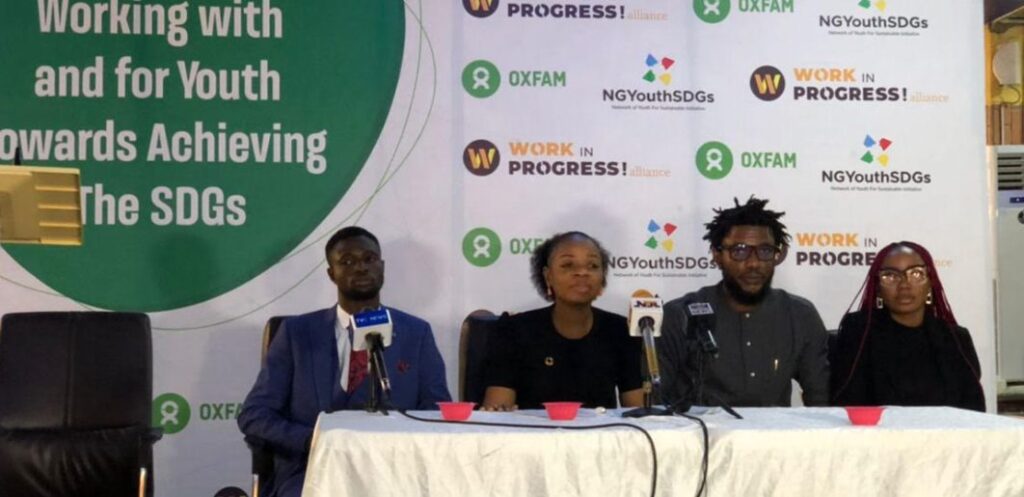
Why Youth Inclusion Matters
Oxfam’s message was unambiguous: including young people in government structures is much more than symbolic—it is practical, progressive, and necessary.
- Fresh Perspectives, Lasting Solutions
Youth bring innovative thinking, bold ideas, and a passion for reforms—especially on digital inclusion, education access, and climate resilience. - Bridging Social Trust
A government that reflects its demographics is more likely to earn trust and legitimacy—crucial at a time when cynicism runs deep. - Stability and Peace
Disconnected, impoverished youth are soft targets for violence, extremism, or social unrest. Investing in them isn’t charity—it’s national security. - Reversing Brain Drain
Nigeria’s brightest often leave for greener shores. Showing they belong at the table could inspire them to stay and shape their homeland.
Oxfam in Action: Empowering Grassroots Voices
This isn’t just talk. Oxfam’s long-term programming has focused on accountable governance, especially empowering youth, women, and marginalised groups to engage meaningfully in decision-making. They facilitate neighbourhood assemblies—spaces where citizens deliberate collectively, contribute solutions, and hold authority figures to account.
Earlier work with youth organisations, such as the NGYouthSDGs, saw partnerships yielding critical policy inputs and increasing youth-led sustainable development initiatives.
Oxfam’s programming also tackles high-level reform: in Borno—one of the states hardest hit by conflict—they launched a $1.2 million inclusive governance project, training leaders and enabling community engagement across 31 wards.
Headlines Don’t Lie: Inequality Is Deepening
The dialogue’s timing couldn’t be sharper. Oxfam’s October 2024 press reports revealed that over 99% of the country’s richest Nigerians evade taxes. Their wealth could lift millions out of poverty, but without reform, they won’t contribute fairly.
Gender inequality only deepens the problem. Women bear more of poverty’s burden—less access to education, land ownership, and political power—reinforcing cycles of exclusion.
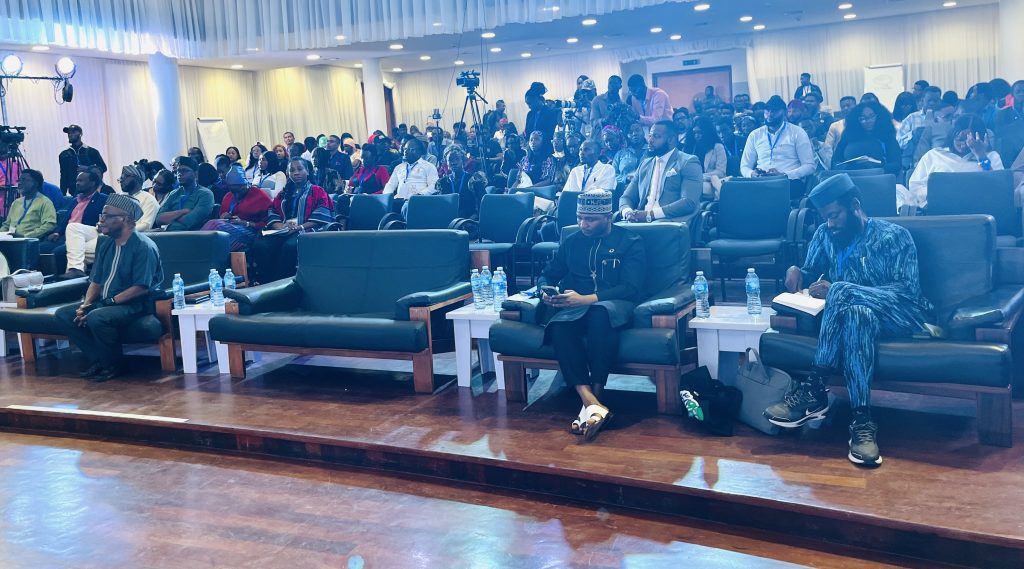
A Call to Action: For Policymakers and Citizens Alike
Oxfam’s dialogue wasn’t only a platform—it was a summons. For policymakers, the time to act is now:
- Institutionalise youth representation, perhaps by mandating a minimum percentage of leadership roles for those under 35.
- Reform taxation, to ensure fairness and resource availability for social services.
- Invest in human capital, particularly education, healthcare, and livelihoods, especially for youth and girls.
For citizens, especially young Nigerians, the message is equally urgent: engage, organise, and demand your rightful space in governance. Your future is at stake—and so is the future of your country.
Conclusion
Nigeria stands at a crossroads. Will we rely only on the status quo, allowing wealth and power to concentrate among a few? Or will we unleash the creativity, energy, and innovation of our youth, investing in inclusion, fairness, and civic participation?
Oxfam’s latest message is clear: inequality is not inevitable, and youth inclusion isn’t optional. It’s essential. Let those in power listen, act, and begin to build a Nigeria that works for all.
Join Our Social Media Channels:
WhatsApp: NaijaEyes
Facebook: NaijaEyes
Twitter: NaijaEyes
Instagram: NaijaEyes
TikTok: NaijaEyes





